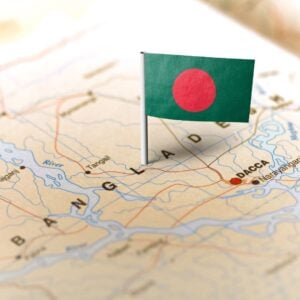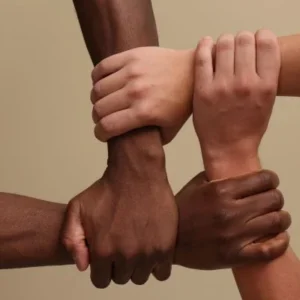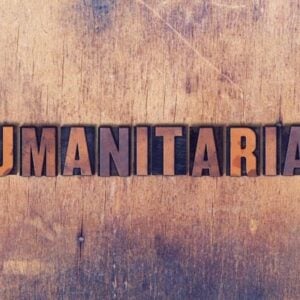A regional dialogue organized by the International Labour Organization (ILO) in Colombo, Sri Lanka, from 23–26 September 2025, highlighted the potential for achieving living wages across Asia and the Pacific through systematic approaches grounded in social dialogue and evidence-based wage systems. The event, held under the Global Coalition for Social Justice, brought together participants from 16 countries to explore practical ways to make living wages a reality for all workers in the region.
Despite steady growth in average wages, millions of workers—particularly women, migrants, and those in informal employment—continue to face low pay, poor working conditions, and rising living costs. ILO Director-General Gilbert F. Houngbo emphasized that a living wage allows workers not only to survive but to live with dignity, covering essentials such as nutritious food, decent housing, education for children, and access to healthcare.
Participants underscored the importance of the ILO’s living wage principles, including social dialogue, equality, balancing workers’ needs with enterprise and economic realities, addressing the root causes of low pay, and adopting evidence-based approaches. These principles are considered crucial for building predictable and effective wage-setting processes that ensure adequate wages. Discussions also emphasized aligning national wage-setting efforts with living wage initiatives to translate economic growth into better livelihoods and shared prosperity.
Kaori Nakamura-Osaka, ILO Assistant Director-General and Regional Director for Asia and the Pacific, noted that the region’s vast workforce and economic significance provide an opportunity to show that living wages are achievable through systematic approaches grounded in social dialogue. The dialogue also saw the launch of the Asia-Pacific Digital Repository for Minimum Wages, the region’s first platform consolidating minimum wage data to enhance accessibility, transparency, and consistency in wage-setting.
Following the high-level dialogue, a three-day technical course on effective evidence-based wage policies, including living wages, was organized for government, employer, and worker representatives. This initiative builds on the ILO’s historic 2024 agreement between governments, employers, and workers on the concept of living wages, as well as the launch of the first global programme in 2025 aimed at supporting countries to estimate and operationalize living wages.
According to the ILO, a living wage enables workers and their families to afford a decent standard of living, including food, housing, healthcare, education, and other essential needs. This differs from minimum wages, which are legally binding wage floors designed to prevent unduly low pay but do not automatically guarantee a decent standard of living or sufficient remuneration for workers and their families.







